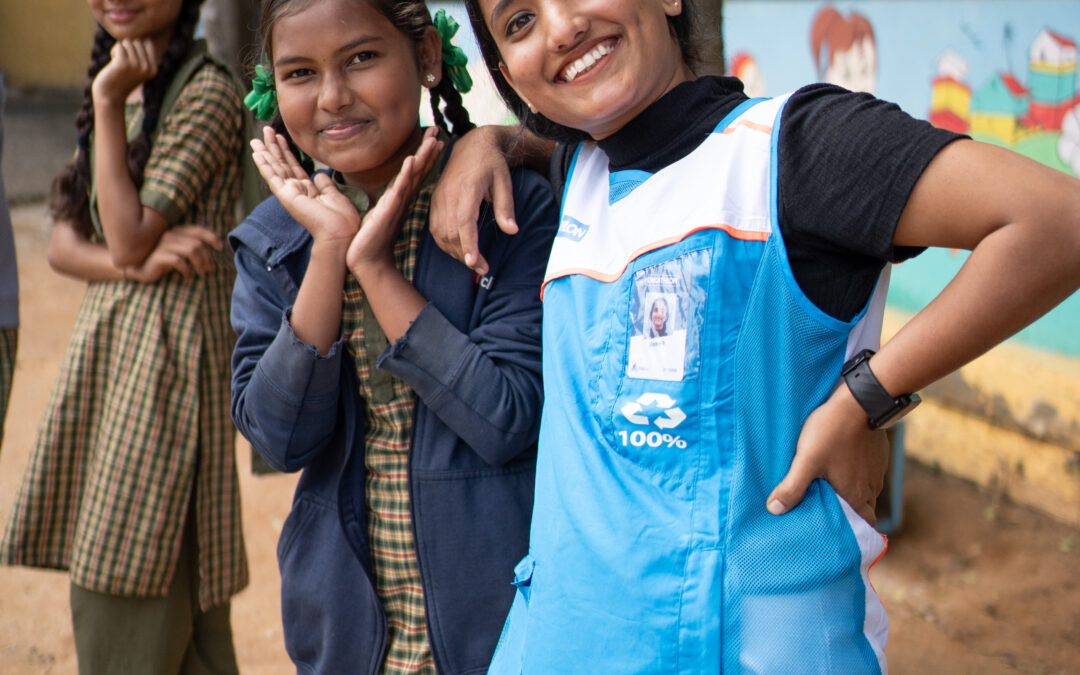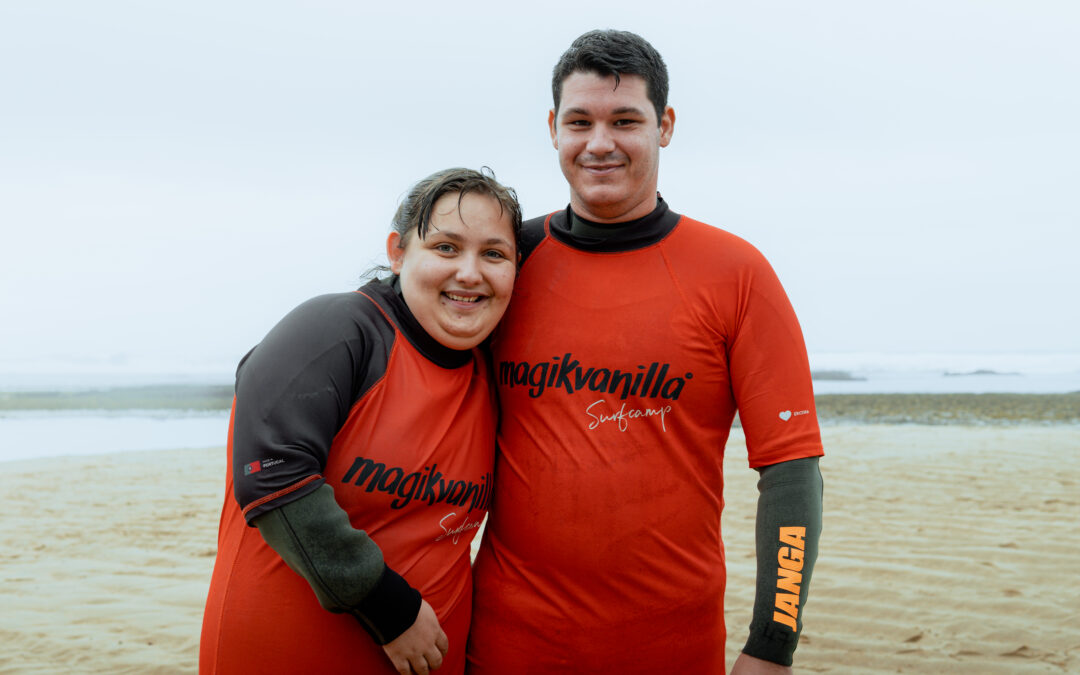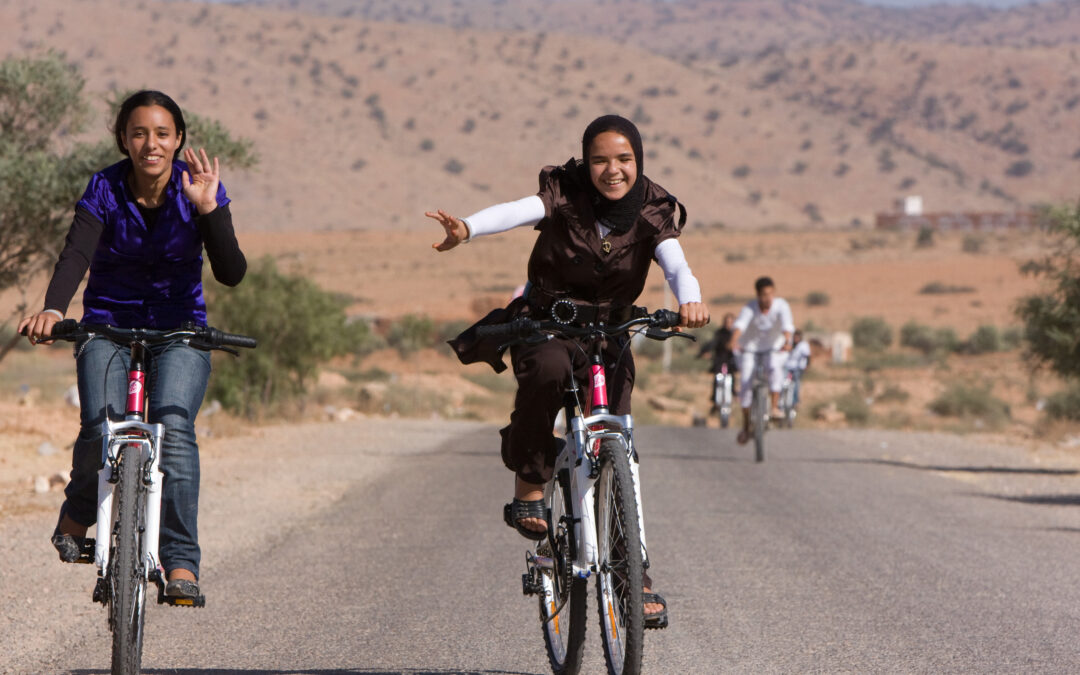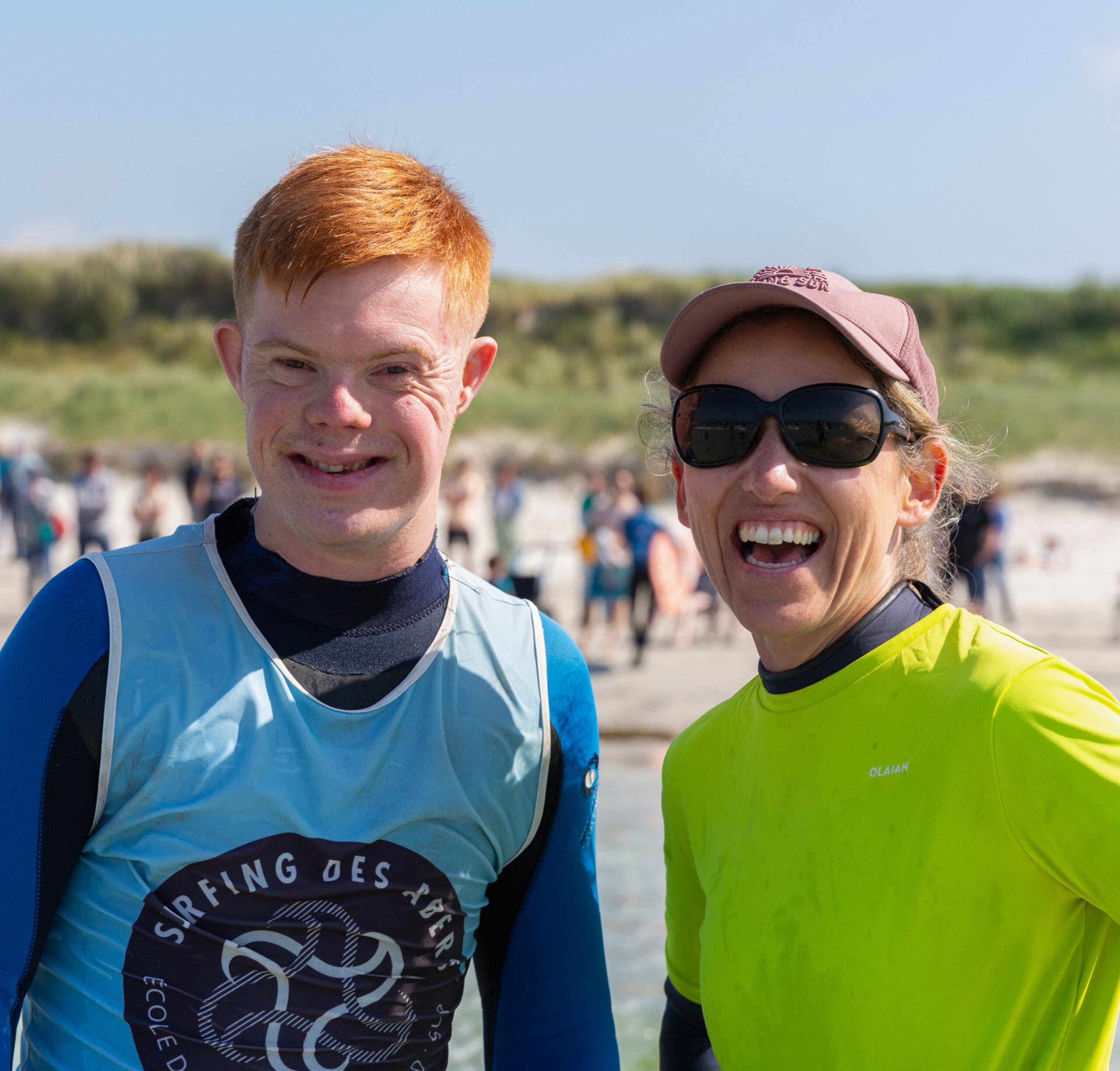
Our commitments
People facing health issues
Some key figures
By 20 to 30%
Regular physical activity can reduce the risk of chronic diseases such as heart disease, type 2 diabetes, and some cancers. According to the World Health Organization (WHO), engaging in regular physical activity can lower the risk of early mortality by 20 to 30%.
4 million
The WHO estimates that around 4 million deaths per year are attributable to a lack of physical activity.
Third reason
According to a 2018 Eurobarometer survey, having a disability or illness is the third most frequently mentioned reason for not practising sports more regularly.
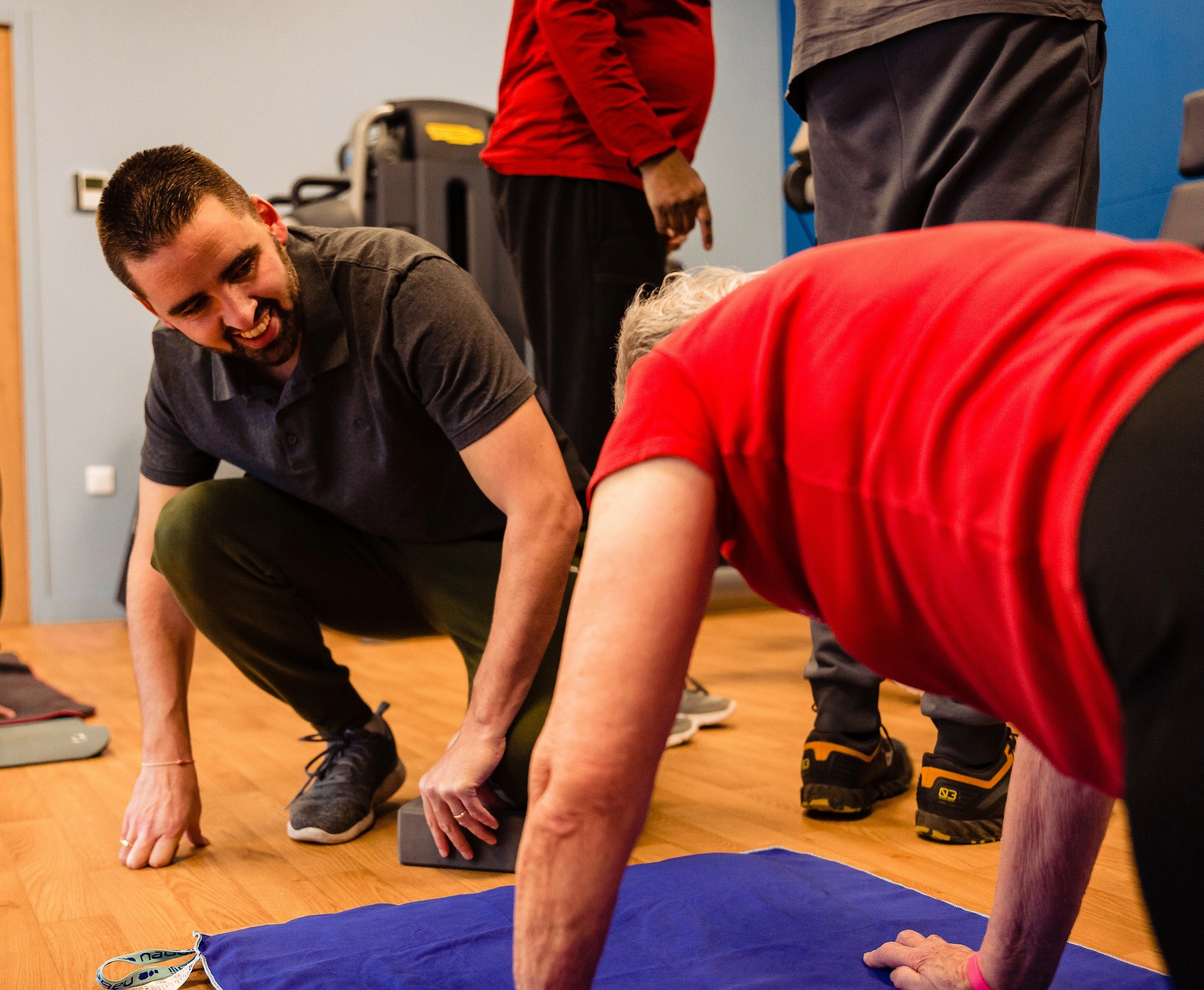
Improvement of health and well-being:
Regular physical activity enhances the quality of life for individuals affected by illnesses and/or disabilities, reducing symptoms of depression and anxiety while improving their physical condition and autonomy. The Decathlon Foundation supports this approach through its projects, enabling these individuals to access beneficial sports activities.
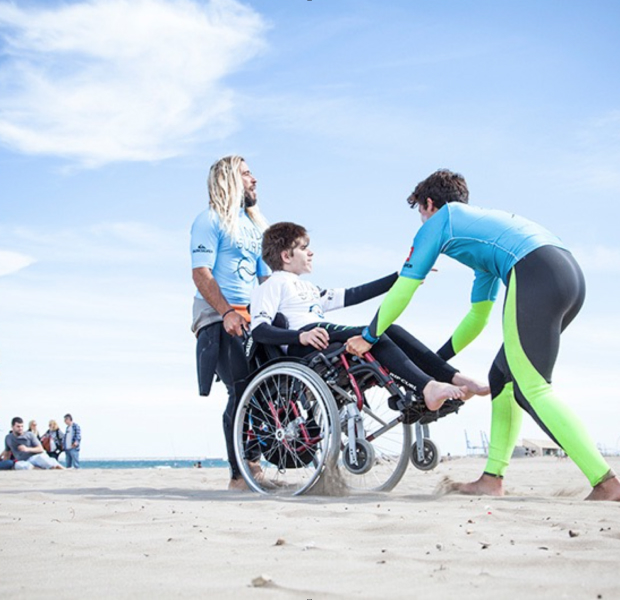
Facilitation of rehabilitation:
Sport is a powerful lever for rehabilitation, facilitating recovery from injury or illness, and empowering people with disabilities. The Decathlon Foundation supports concrete projects such as the construction of sports halls in hospitals and the redevelopment of sports and health centres, to provide patients with suitable spaces in which to regain strength, autonomy and well-being through physical activity.

Empowerment and inclusion:
The Decathlon Foundation is committed to empowering people with health problems while promoting their social inclusion. Through its projects, it promotes initiatives that create links between able-bodied and disabled people, for example, thus contributing to a more cohesive and equitable society.
Making sports accessible to people with illnesses and/or disabilities is crucial for improving their health, fostering social connections, and promoting their autonomy.


